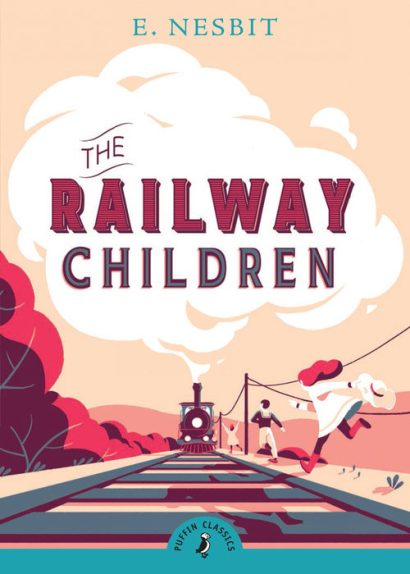Description
This seminal work, first published in 1972, has established itself as a classic in modern anthropology and is considered one of the foundational texts in anthropological economics. Sahlins ambitiously tackles the nature of economic life and how to study it comparatively, radically revising traditional views of hunter-gatherer and so-called primitive societies, revealing them to be the original “affluent society.” In this work, Sahlins examines notions of production, distribution, and exchange in early communities and explores the link between economics and cultural and social factors. He presents a radical study of tribal economies, domestic production for livelihood, and the submission of domestic production to the material and political demands of society at large. Sahlins regards the economy as a category of culture rather than behavior, placing it alongside politics and religion rather than rationality or prudence. He controversially concludes that the experiences of those living in subsistence economies may have been better, healthier, and more fulfilled than those enjoying the affluence and luxury afforded by modern industrialization and agriculture. This Routledge Classics edition includes a new foreword by David Graeber of the London School of Economics. The book is classified under anthropology and economics and is a non-Fiction work. It is not considered a work of Fiction.







